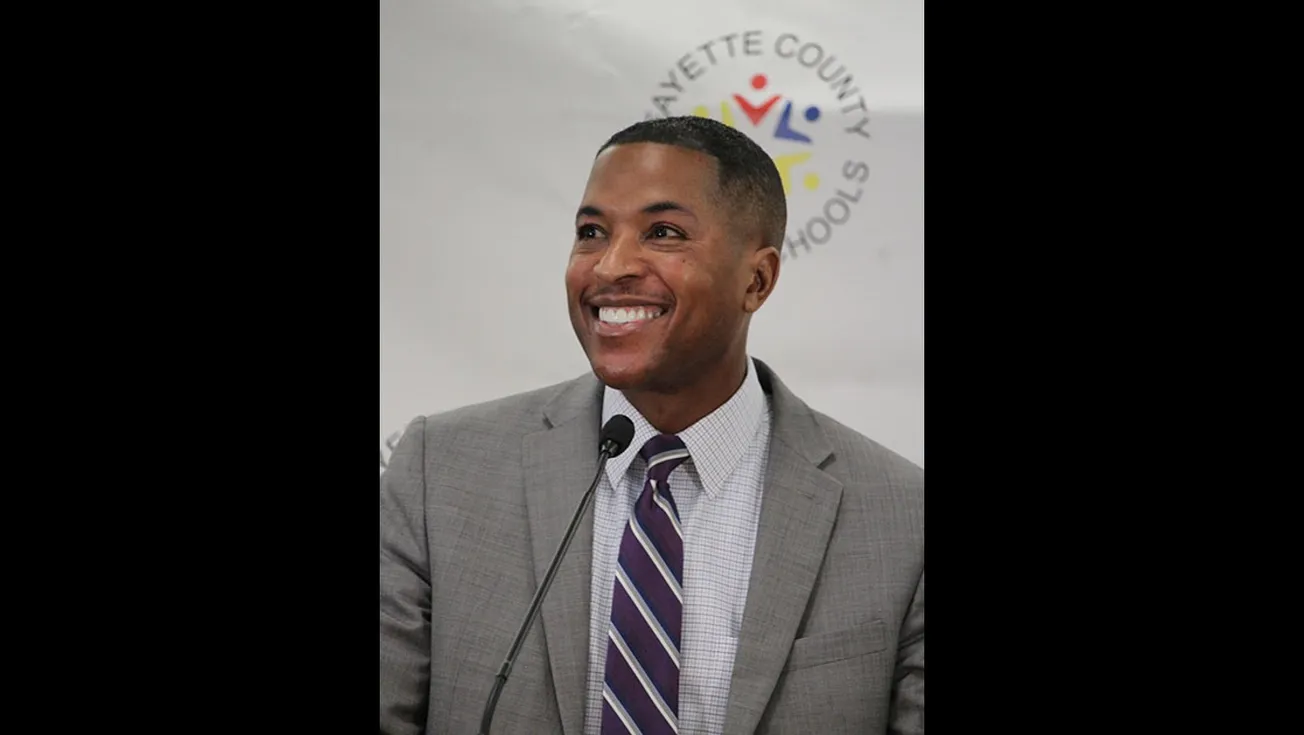Despite the rhetoric from charter school proponents, Fayette County Public Schools has already proven that traditional public school districts can offer opportunities to students and choices to families.
In FCPS, more than 7,000 students attend a school other than their neighborhood school after choosing one of our 34 specialty, magnet, and alternative offerings in areas including art, engineering, international studies, math, science, technology, language immersion, and gender-specific programming.
Another 2,000 students are dually enrolled in one of the district’s three career and technical centers in addition to their traditional high school. We have also expanded opportunities for 500 students attending our two schools with the highest concentrations of children living in poverty with longer school days, an expanded school year, and accelerated offerings in art, music, and equine science.
These offerings require additional resources and investments, and I am deeply concerned that the charter school funding legislation being considered by our General Assembly will erode public schools in Kentucky the way I witnessed in my home state of Texas.
This is not a partisan issue. Charter schools have been championed by Republicans and Democrats as a way to provide alternatives to economically disadvantaged and minority families whose neighborhood schools had failed them.
The concept is laudable in theory, but I assure you – based on my personal experiences in Texas – it doesn’t work that way in practice.
The concept of charter schools is laudable in theory, but I assure you – based on my personal experiences in Texas – it doesn’t work that way in practice.
– Demetrius Liggins, superintendent of Fayette County Public Schools
Click to tweet
The reality of charter schools
The reality is that just getting into a charter school requires family involvement. The unfortunate truth is that we have students every single day who wake up, get themselves ready, go to school, spend their day in class, and return home without any assistance from an adult they live with. Families who don’t know the name of their child’s teacher will not apply for a charter school.
What I saw in Texas were involved and engaged families whose children were already succeeding in their neighborhood schools lured by corporate marketing campaigns to charter schools. That exodus left our most vulnerable students clustered together with fewer resources to help them.
The families who left too often found that they’d been sold on false promises from charter school operators.
As a principal at multiple schools, I enrolled hundreds of children back from charter schools. Some families found instruction and curriculum in the charter school to be subpar. Others discovered the charter school did not offer fine arts, athletics, world language, or AP courses. Families of students with special needs were routinely told that the charter school didn’t offer the services their children required.
Regardless of the reason they came back, I cannot recall a time that a student who returned from a charter school was performing at or above grade level.
I also encountered situations where a student transferred from a charter school after a serious disciplinary infraction. Quite often we learned that the charter school had promised the disciplinary issue – even a criminal act in certain cases – would not be included in their records if they agreed to leave.
The business of charter schools
Many charter schools are run by business executives whose primary goal is turning a profit. In the charter school world, it is common to see taxpayer money spent on CEO perks like luxury lounges and private jets, which have been approved by a hand-picked board of directors who are never elected by or accountable to the taxpayers.
I have witnessed significant churn in charter owners and operators, and I have seen what happens to the children when they fail. I became superintendent of Greenville ISD the year immediately following the closure of a large charter school. After four years, more than 1,000 students returned to their neighborhood schools, and the children were so far behind academically that we had to hire specialized staff and interventionists to address their deficits.
Strengthen the public schools instead
The past two years have been hard on students and families in the Commonwealth. Since becoming FCPS Superintendent eight months ago, I have done everything in my power to keep our students on campus, in person with caring adults and classmates. Early student achievement data indicates our students are quickly making up for lost time and we anticipate excellent progress this year. Our district has invested heavily in social-emotional and mental health resources to address the adverse impacts of the pandemic.
At a time when our students are vulnerable and need our attention focused on recovery and acceleration, I am particularly concerned that HB 9 will draw funding away from public schools to less-accountable, outsider-operated charter schools. I implore our state leaders to instead strengthen the public schools our forefathers envisioned as every child’s pathway to the American dream.
--30--
Dr. Demetrus Liggins is superintendent of Fayette County Public Schools. Prior to Fayette County, Liggins served for four years as superintendent of Greenville Independent School District, an urban district of roughly 6,000 students outside of Dallas.
Comments







